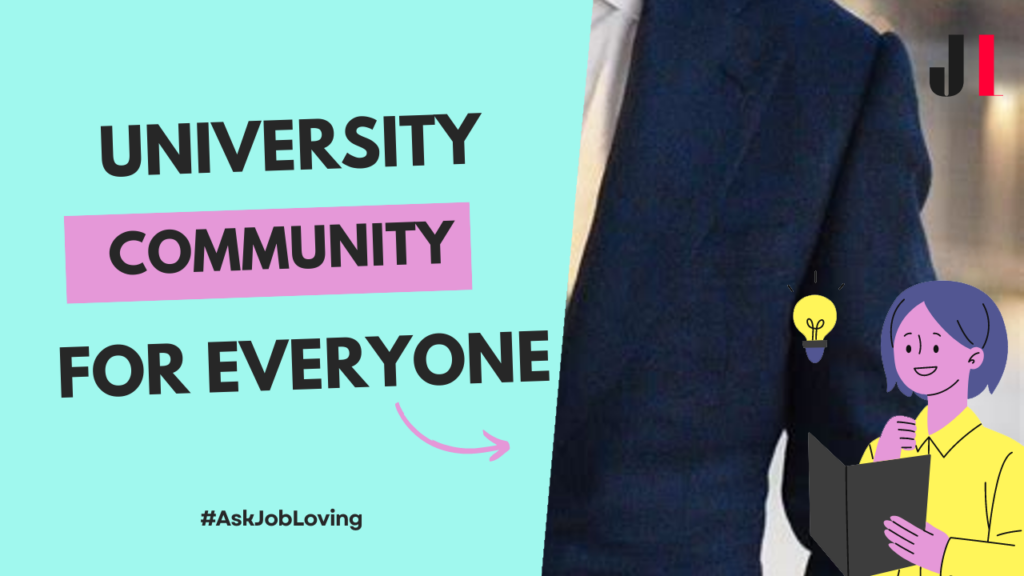Who is Columbia University President?
As of now, the President of Columbia University is Nemat Shafik, commonly known as Minouche Shafik. She took office in August 2022, becoming the first woman to hold this prestigious position in the university’s long history. Her appointment marked a significant milestone not only for Columbia but also within the sphere of higher education, where leadership diversity is increasingly essential.
Before assuming her role at Columbia, Shafik had an impressive track record. She previously served as the Director of the London School of Economics (LSE) and held various significant positions at the World Bank, notably being its youngest-ever vice president at just 36 years old. This experience imbues her with a rich understanding of global issues, which she brings to her current role.
Background and Challenges Faced
President Shafik’s tenure has not been without challenges. Columbia has faced various controversies and political pressures stemming from its stance on international issues, particularly regarding Israel and Palestine. In recent months, President Shafik has had to navigate intricate community sentiments and was even reported requesting assistance from local authorities amid protests related to these contentious topics. These events spotlight both the challenges inherent in leading a major educational institution and the importance of a president who can foster dialogue and unity among diverse campus constituents.
Despite criticisms about her inexperience in leading a major university (as some argue), many also recognize her qualifications. After all, Shafik’s experience is steeped in teaching, policymaking, and administration on a global scale – skills that are undoubtedly valuable for the complex arena of higher education.
Status Quo and Future Outlook
The university community is keenly watching how Minouche Shafik will shape Columbia’s future. Her administration will likely be characterized by initiatives aimed at enhancing diversity, equity, and inclusion – crucial factors that resonate with students and faculty alike today. As she steers through these turbulent waters, her leadership style will be essential in defining Columbia’s legacy moving forward.
If you’re interested in learning more about who is Columbia University’s president or want to dig deeper into her policies and initiatives, feel free to connect with us at the JobLoving community for more insights! We’re here to help provide information and resources tailored to your questions!

